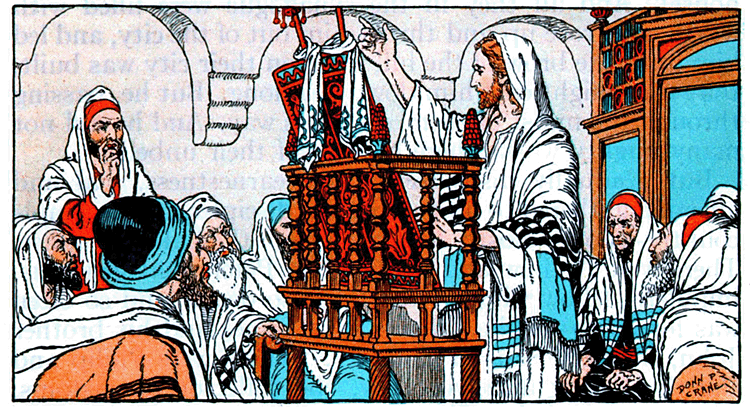Divide-and-conquer the enemy is a well known and often used offensive military strategy. The enemy may be too large and powerful for a direct frontal assault, so the idea is to break up the enemy’s army or defenses into bite-sized pieces and then to conquer the enemy one smaller piece at a time. This same tactic is employed wittingly or unwittingly by those who don’t want to follow all of the Torah.
Perhaps you’ve seen this tactic used, but haven’t identified it for what it really is; it is a satanic method to undermine or to destroy the validity of the whole counsel of YHVH Elohim’s word. Why do I call it satanic? Because this is the same strategy Satan the serpent used at the tree of knowledge to undermine the clear instructions of Elohim to the first humans. Satan called Elohim’s word into question when he asked Adam and Eve, “Hath Elohim [really] said…?” He caused the first humans to question the word of Elohim, and then from this false narrative platform of doubt and unbelief, he launched his attack against the word of Elohim, and he lured Adam and Eve into committing humanity’s first sin. And, as the saying goes, the rest is history. All of the problems in the world from then till now can be traced back to this one incident.
From that time until now, rebellious and sin-prone men have been trying to find a way around obeying the clear words and instructions of Elohim. Man’s nefarious strategies and philosophies to accomplish this are endless. This human proclivity, however, can be explained by two terse verses in the Bible.
The heart is deceitful above all things, and desperately wicked; who can know it? Jer 17:9)
Because the carnal mind is enmity against Elohim; for it is not subject to the Torah-law of Elohim, nor indeed can be. (Rom 8:7)
For nearly 50 years I have been observing and studying this phenomenon to parse the Torah along artificial and ungodly lines. It’s nothing more than a carnal attempt by rebellious men to divide and conquer the Torah, so men can justify themselves in not having to obey it. At one point in my spiritual journey, for a brief period of time—about six years—I even fell prey to this same false divide-and-conquer concept that mainstream Christianity has subscribed to for some 1900 years to diminish the validity of YHVH’s Torah-law. So I know this tactic well from personal experience. I had to repent of the sin of allowing myself to be duped into questioning the Creator and his Word.
First we must know the truth. What does the Word of Elohim really say? As a bank teller must know what real money looks like before they can identify counterfeit money, the same is true with the truth of the Bible. The righteous and dutiful disciple of Yeshua must know the Word of Elohim to be able to identify the counterfeit. This only occurs through personal and copious study. As such, one will discover that nowhere does the Bible divide Continue reading





